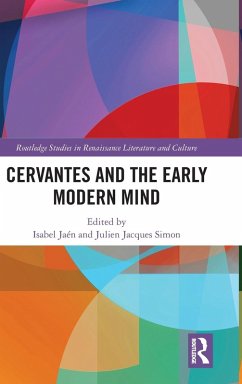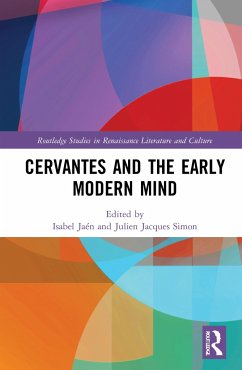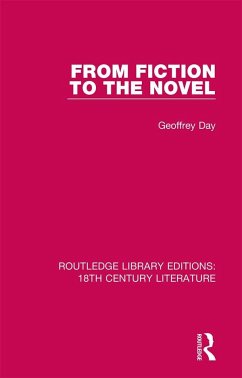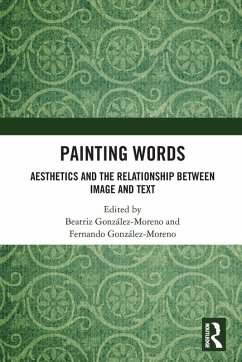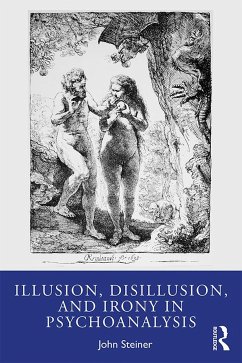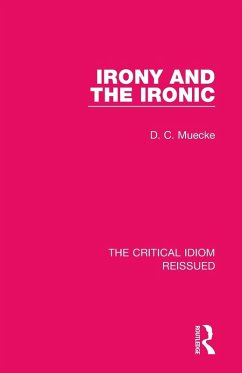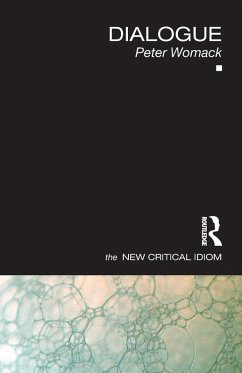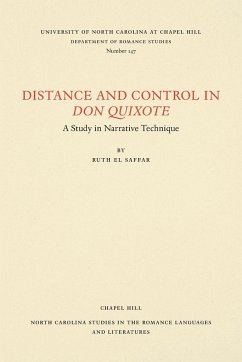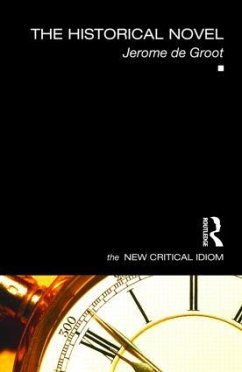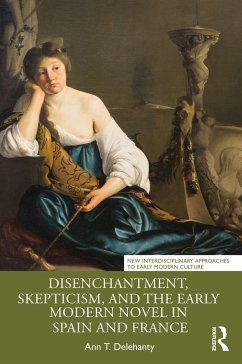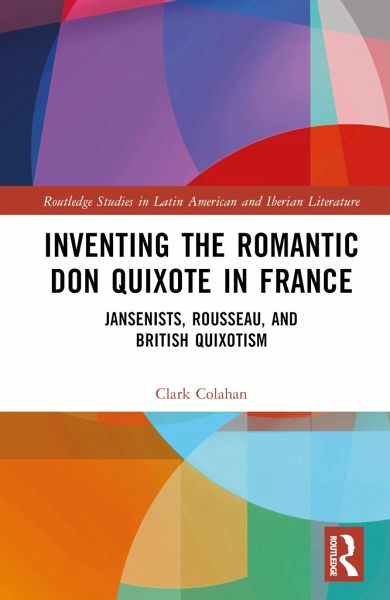
Inventing the Romantic Don Quixote in France
Jansenists, Rousseau, and British Quixotism
Versandkostenfrei!
Versandfertig in 6-10 Tagen
154,99 €
inkl. MwSt.
Weitere Ausgaben:

PAYBACK Punkte
77 °P sammeln!
Cervantes' now mythical character of Don Quixote began as a far different figure than the altruistic righter of wrongs we know today. The transformation from mad highway robber to secular saint took place in the Romantic Era, but how and where it began has just begun to be understood. Germany and England played major roles, but, contrary to earlier literary historians, Pascal, Racine, Rousseau and the Jansenists scooped Henry and Sarah Fielding. Jansenism, a persecuted puritanical and intellectual movement linked to Pascal, identified itself with Don Quixote's virtues, excused his vices, and w...
Cervantes' now mythical character of Don Quixote began as a far different figure than the altruistic righter of wrongs we know today. The transformation from mad highway robber to secular saint took place in the Romantic Era, but how and where it began has just begun to be understood. Germany and England played major roles, but, contrary to earlier literary historians, Pascal, Racine, Rousseau and the Jansenists scooped Henry and Sarah Fielding. Jansenism, a persecuted puritanical and intellectual movement linked to Pascal, identified itself with Don Quixote's virtues, excused his vices, and wrote a game-changing sequel mediated by the transformative powers of a sorcerer from Commedia dell'Arte. As an early Romantic, Rousseau was attracted to the hero's fertile imagination and tender love for Dulcinea, foregrounding the would-be knight's quest in a play and his best-selling novel, Julie. Sarah Fielding reacted similarly, basing her utopian novel David Simple on the Jansenist concept of quixotic trust in others. Colahan here reproduces and explains for the first time the extremely rare original illustrations of the French sequel to Cervantes' novel, and documents the fortunes in French culture of the magician at the heart of the Romantic Quixote.
Introduction of this book is freely available as a downloadable Open Access PDF at http://www.taylorfrancis.com under a Creative Commons [Attribution-Non Commercial-No Derivatives (CC-BY-NC-ND)] 4.0 license.
Introduction of this book is freely available as a downloadable Open Access PDF at http://www.taylorfrancis.com under a Creative Commons [Attribution-Non Commercial-No Derivatives (CC-BY-NC-ND)] 4.0 license.





